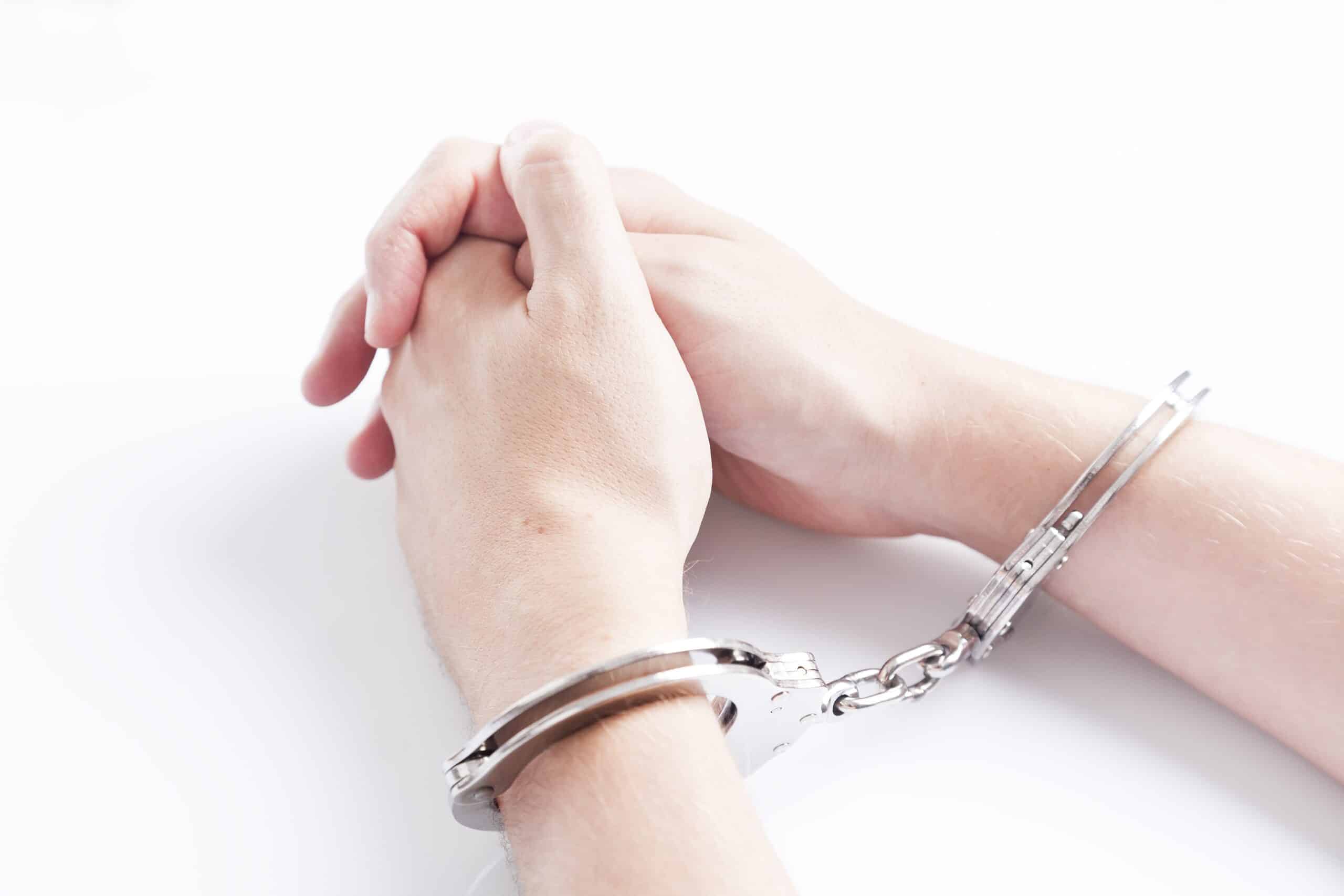Share This Article
By Sahar Adatia and Jimmy Singh
On August 29, 2018, a 47-year-old male patient at Blacktown Hospital was arrested for acting erratically and allegedly slashing a registered nurse who had commenced her duties for the night at the Western Sydney institution.
At approximately 9:30pm on the Monday, Sukhpal Kaur started her shift, tasked with looking after the middle-aged man, when he suddenly began to act bizarrely.
According to police, about half an hour into the victim’s shift, the male patient became agitated and started to wander into patient’s rooms using his mobile phone to take photos.
He then entered an unlocked staff tearoom where he grasped two knives, with the 35-year-old nurse following him inside.
Unaware that he was armed, Ms Kaur attempted to assist him back to his room, at which point, he allegedly slashed her wrists and forearms using the knives.
The victim managed to flee and sound an alarm, which happened to be heard by an elderly male patient who came to her aid. The 72-year-old was able to hold the tearoom door closed keeping the armed patient confined to the room until security guards arrived at the scene approximately one minute later.
Blacktown police were called and when they reached the hospital, they disarmed the man before arresting him.
The male patient was then transferred to Westmead Hospital and charged with wounding the nurse with intent to cause grievous bodily harm.
Speaking of the incident, Robynne Cooke, executive director of operations for the Western Sydney Local Health District, said the nurse was in the hospital and returned safely home to the care of her family.
“We have given her as much support as we can today, and we will continue to give her support,” she said.
Nurses at Blacktown Hospital call for more security following attack
In the aftermath of the attack, the NSW Nurses and Midwives Association (NSWNMA) Blacktown Hospital branch held an emergency meeting during which nurses of the medical institution spoke of workplace safety concerns and called for an immediate boost of the security measures. These would include swipe-access locks for doors to staff-only rooms and toilets, as well as increased staffing levels.
Branch president, Christine Boxsell said nurses at the hospital fear for their safety.
“They’re scared that this could happen at any time to any one of us. It just makes you second-guess everything,” she said.
“It is concerning because if you’re in a room already, there’s only one door out, so you want to make sure that no one’s going to walk in behind you.
“We won’t accept violence in the work place, at all.”
Security of hospital staff a contentious issue at Blacktown Hospital
Similarly, the Health Services Union, in speaking of the incident, said the attack was “sickening” and underscores the distinct need for specialist security guards at hospitals.
“Hospital staff go to work each day to care for the public and yet they are being treated as punching bags,” Health Services Union NSW secretary Gerard Hayes told AAP.
In fact, while the Health Services Union has advocated for an extra 250 hospital security officers with “constable powers” following a horrific incident in which a security guard and police officer were shot at Nepean Hospital in 2016, the secretary believes not enough is being done to tackle the issue.
“But all we get is talk,” Mr Hayes said.
“It’s time for action. Security officers must be employed with special constable powers. That means giving them autonomy, authority and responsibility.”
Security of hospital staff has been a contentious issue in recent years.
In fact, in 2011, nurses walked off the job in protest when a female staff member by the name of Edit Castro-Rivera was stabbed at Blacktown Hospital. It was reported that Ms Castro-Rivera was attacked by a patient at the hospital who was armed with a butter knife.
Even more recent, just last week on October 5, a 54-year old man was tasered and shot by police after brandishing 2 knives outside the Nepean Hospital in Sydney’s west. It’s reported that the 54-year-old man was “acting in an erratic manner” while brandishing the knives, although he wasn’t reported to have been harming anyone earlier.
Police have said that the man was shot when he started trying to stab a police officer.
Police also discovered that the man’s car had a note inside it indicating that the vehicle may have an explosive device in it.
The man remains in an induced coma after surgery.
While detectives are saying that there’s no indication that the man suffers mental health issues, the erratic behaviour is certainly an indication of mental illness, whether its drug induced or not.
Mental Illness and Offending
While mental health and drugs are significant issues in our community, it’s equally important that police officers be better educated and trained about mental health.
Mental illness is a significant risk factor for criminal justice system involvement.
45% of Aussies at some point in their lives have experienced substance disorder, mood disorder or anxiety.
Police are usually the “first point of contact when somebody is experiencing a mental health crisis. During such crisis, people with mental illness may constitute a threat of physical harm to either themselves or others. In these instances, police are required to use their discretion to respond to such persons in the most appropriate way. Associated with the use of discretion is an over-representation in the use of force against people with mental illness, including fatal police shootings.”
On one view, police resorting to the use of arrest powers in dealing with people experiencing a mental health illness in the community appears to be leading to unnecessary criminalisation of these vulnerable people.
Perhaps a better solution to this is for police to place a greater emphasis on police education and training so that they can be trained to better deal with circumstances when contact is made with someone experiencing a mental health illness. This can include, in appropriate cases, to utilise psychiatrist facilities instead of police cells.
The Offence of Inflicting Grievous Bodily Harm with Intent in NSW
The offence of assault with intent to cause grievous bodily harm is an extremely serious offence carrying a penalty of up to 25 years imprisonment under section 33 of the Crimes Act 1900 (NSW).
In NSW, a person will be guilty of inflicting grievous bodily harm or wounding with intent if police can prove each of the following two elements:
- The person accused has caused injury of a kind that has penetrated the interior layer of the skin or a permanent or serious disfiguring. I.e. broken bones, split lips caused from an assault; and
- The person accused of doing this intended to cause this kind of injury.
The Offence of Reckless Grievous Bodily Harm NSW or Wounding
The offence of recklessly inflicting grievous bodily harm or wounding is also considered very serious by the Courts. It carries a penalty of up to 10 years imprisonment if the injury was ‘grievous bodily harm’, and 7 years imprisonment if the injury was ‘wounding’ under section 35 of the Crimes Act 1900 (NSW).
The offence of reckless grievous bodily harm also carries with it a prescribed 4-year standard non-parole period, while the offence of reckless wounding carries a prescribed 3 years standard non-parole period.
A standard non-parole period is the period of time that a Judge or Magistrate is to consider as a guidepost as the minimum period of Full time jail (not including parole period).
In NSW, a person is guilty of recklessly causing grievous bodily harm or wounding if police can prove each of the following two elements:
- The person inflicted a really serious injury (permanent or serious disfiguring i.e. broken bone) or penetrated the interior layer of the skin (i.e. split lip) on the victim; and
- The person either knew or realised the possibility that this will cause ‘actual bodily harm‘ at the time.
Defences to a Charge of Grievous Bodily Harm or Wounding
Your charge of grievous bodily harm or wounding will be dismissed if any of the following defences apply to your case:
- Mental Illness and Intoxication: For a charge of wounding or grievous bodily harm with intent, you will be not guilty if you were at the time suffering a mental illness such that you were unable to form the requisite intention of causing that kind of harm. The same defence applies if you consumed alcohol or drugs that resulted in you being unable to have the requisite intention to cause about the kind of harm that was caused for this offence.
- Self Defence: Where you acted to protect yourself in circumstances your response was considered by the court as a reasonable response in the circumstances perceived by you at the time.
- Causation: Another intervening event occurred that caused the injury.
- Duress or Necessity.
- Type of injuries: Where the injury or injuries causes do not constitute ‘grievous bodily harm’ or ‘wounding’ under the law.
The charge of grievous bodily harm with intent is strictly indictable offence. This means that it will be dealt with to finalisation in the District, not Local Court. While the offence of recklessly cause grievous bodily harm or wounding is a Table 1 offence which means that the charge is to be heard and finalised in the Local Court unless the prosecutor or accused person chooses to have it finalised in the District Court.









